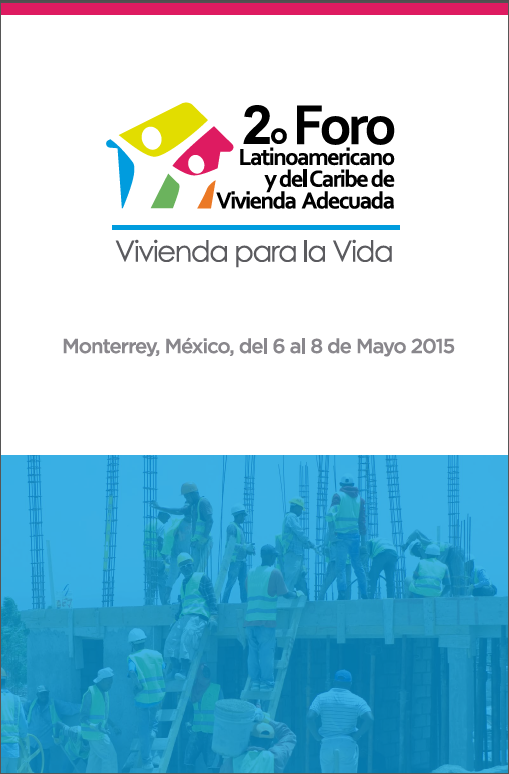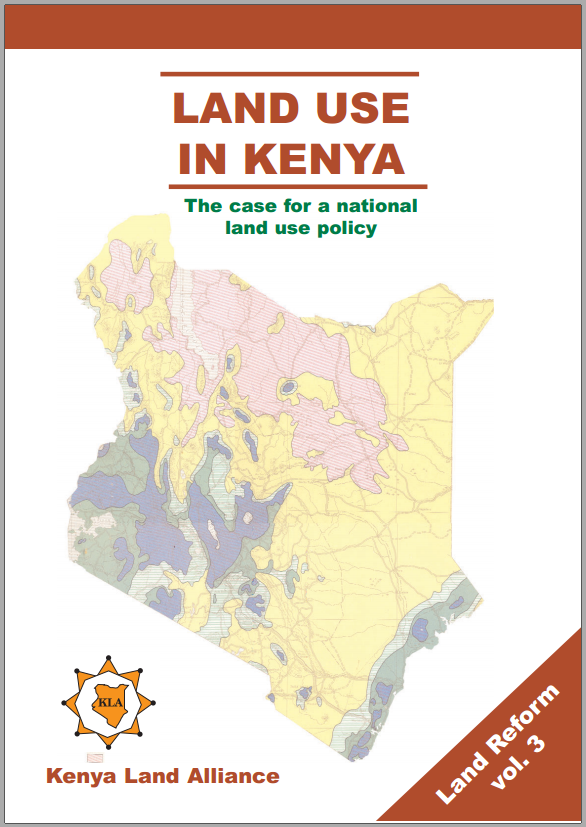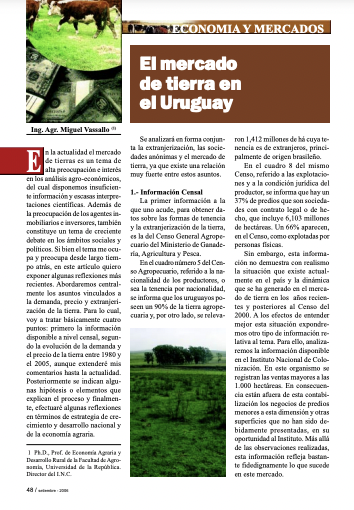2 Foro Latinoamericano y del Caribe de Vivienda Adecuada 2015
Un resumen de experiencias prometedoras en materia de vivienda adecuada y asentamientos humanos en América Latina y el Caribe. Dichas experiencias fueron seleccionadas por medio de un Comité Calificador, compuesto por representantes de las instituciones organizadoras del Foro Latinoamericano y del Caribe de Vivienda Adecuada, a partir de más de 70 concursantes.








